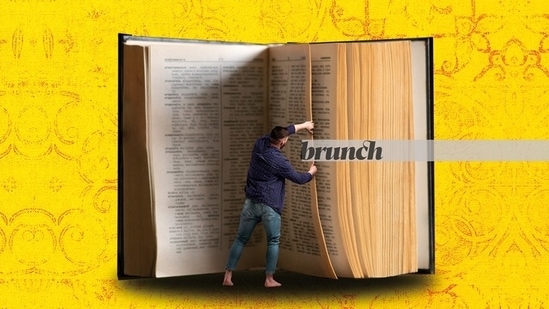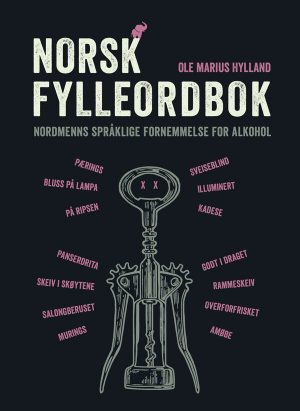
Humour by Rehana Munir: D is for dictionary
- Surrendering oneself to a physical dictionary can be an extreme sport.
To be reunited with an old love is one of life’s sweet pleasures. I’m currently enjoying the rekindling of one such romance, with a well-jacketed Oxford charmer whose linguistic brilliance is reducing me to a blithering fool. I now know how one Mr. Tharoor feels. The seductions of a pocket dictionary, the kind you carry to bed, are not to be scoffed at. They are to be delicately savoured like an elaborate cerebral striptease conducted solely for your gratification.
High on knowledge
I wouldn’t brand myself a ‘sapiosexual’ – a person who is aroused by intelligence – though, of course, it helps. But losing myself in this voluminous edition is revealing just how reliant I am on language for more than just basic communication. Language is an endlessly expanding playground, and a dictionary is full of unforbidden pleasures. Its abecedarian format – a beautiful word that means alphabetically arranged – merely gives it an air of order and propriety. In reality, it’s a fiendish, mythical being, the Keeper of All Words and hence the Holder of All Possibilities.
Forgive me my flight of fancy, but like the caterpillar in Alice in Wonderland seated on a mushroom, smoking a hookah, I too feel quite elevated. And to think I had spurned the good book for the convenience of a digital dictionary all these years. I’m eternally grateful for all things internet, but of late I’ve been uneasy typing in unfamiliar words on my phone while reading a physical book. While walking, talking, or more generally, living, I find digressions to be delightful. And a physical dictionary is a space where all manner of intellectual wanderings become possible. You may not know where you’re going in there, but you’re always safe within its pages.
The wordy Mr Johnson
My mind goes back to Samuel Johnson, the most celebrated lexicographer in western history. A Renaissance man in the Age of Enlightenment, his sharp intellect and vast knowledge led him to create A Dictionary of the English Language in 1755, the prototype for the dictionaries we use to this day. And as anyone who’s attended more than three pub quizzes will tell you – he is usually the answer to any question to do with the 18th century. My all-time favourite quote from the man of wit and wisdom remains: “Patriotism is the last refuge of a scoundrel.”
But like everyone else, he too was a product of his time and social class. A devout Anglican and member of the ruling elite, his opinions and prejudices found their way into his lexicography and from there, subliminally, into the minds of countless readers. But then politics and language have forever been intertwined. Today, when we see a popular website like Dictionary.com use a woke social media voice, it carries forward an old tradition. Dictionaries can also be read as histories, and so it’s important whose voice we let into our consciousness and why.
A linguistic orgy
For all the joys of losing oneself in a printed labyrinth of words, there are real challenges. I’m currently reading H is for Hawk, a personal memoir that is uncommonly wise and moving. But the author, Helen Macdonald, is not one for easing her reader into unfamiliar terrain – and what’s more unfamiliar than a woman training a recalcitrant hawk while grieving over her recently deceased father? A historian of science, Macdonald uses language both expansively and with precision, and she sends me running to my devious pocket dictionary every few paragraphs. The volume lures me in with one sufficiently obscure and tantalising word and the next thing I know I’m caught in a linguistic orgy, fighting my way out like a bird fluffing her feathers after a scuffle.
I’ll certainly save more time if I stick to a woke online dictionary, with the progressive politics as a bonus. Plus, I’ll save myself the sudden panic of encountering words like ‘isohyet’ (a line on a map connecting points having the same amount of rainfall in a given period) or ‘nudiustertian’ (of or related to the day before yesterday), strangers that accost you when you’re drifting up and down familiar pages. As ever, I choose recklessness. This sly dictionary has me in its pocket.
rehanamunir@gmail.com
Follow @rehana_munir on Twitter and Instagram
From HT Brunch, September 12, 2021
Follow us on twitter.com/HTBrunch
Connect with us on facebook.com/hindustantimesbrunch





